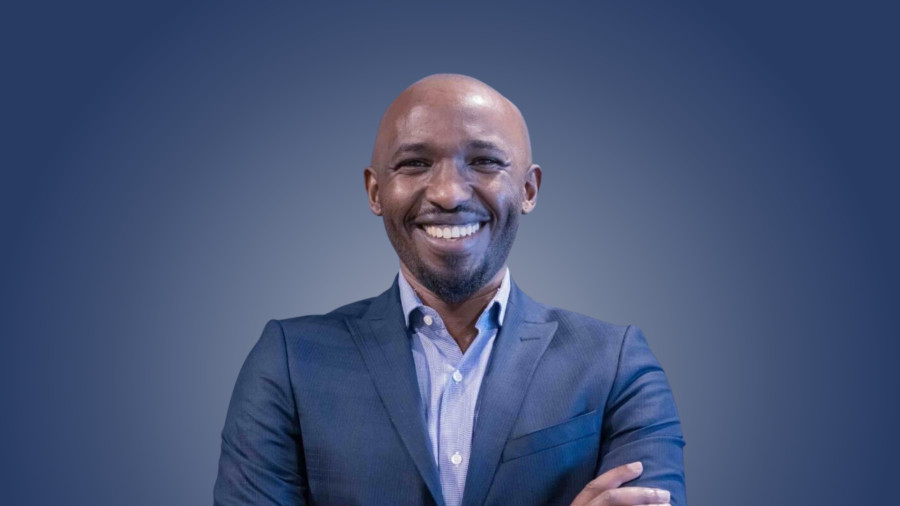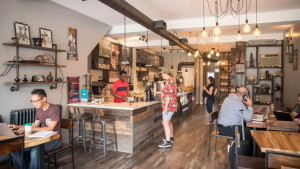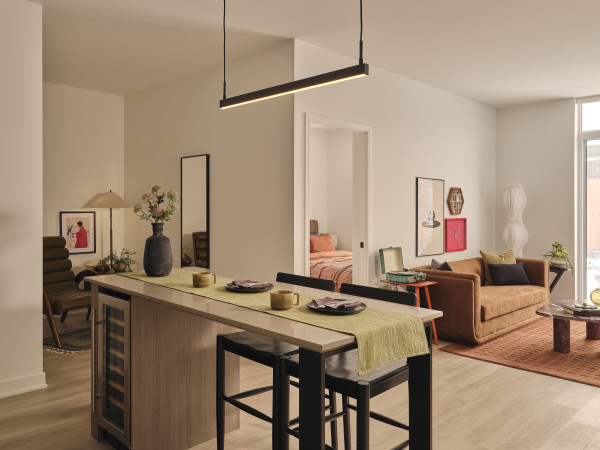The city is rightfully obsessed with building housing, but by prioritizing profit-maximizing towers, developers are ‘paving paradise to put up a parking lot.’ Or, in Toronto’s case, to build condos and dispensaries.
The challenge
Toronto has struggled to create a dynamic culture like other Canadian cities such as Montreal or Vancouver. We do not have the artistic streak of Montreal or the natural beauty of Vancouver, but we do have the title of the most diverse city in the world. A warm and welcoming place for immigrants everywhere, the city can build a culture of multiculturalism. If we embrace the cultural ideas of the people who move here, we can create an urban space that brings people together. Biologists call it ‘unity in diversity.’ To do so, we need citizen and government action.
The Canada Mortgage and Housing Corporation (CMHC) is the nation's housing agency. As a crown corporation, it’s tasked with helping all Canadians meet their housing needs. The CMHC is the leading agency tasked with handling the national housing crisis. It’s not just Toronto facing skyrocketing prices, but other cities like Surrey, Vancouver and Mississauga. To find economically practical and culturally relevant solutions, the corporation created a solutions-focused lab that works with groups nationwide to develop frameworks to solve community-specific housing concerns.
The National Housing Strategy Solutions Labs offer organizations funding and expertise to help them create community-focused solutions to the national housing crisis. Through open competition, organizations can receive up to $250,000 for their projects. Some successful projects within the Solutions Lab include the Gender Transformative Housing Supporting Women Leaving Violent Relationships: Co-creating Safe-at-Home Hamilton. The “Safe at Home” programs enable women to stay in their homes while recovering from violence. As well, the perpetrators of violence are relocated. This Solutions Lab challenges the conventional support for women and children escaping violence by co-developing solutions for implementing the Safe at Home housing model in Canada.
The fix
In a recent press conference, the CMHC announced its new partnership with the Rwandan Canadian Healing Centre (RCHC). This city organization works to improve mental health among those recovering from trauma, especially war-related trauma. Led by Director Kizito Musabimana, the organization is joined by several other African-Canadian nonprofit groups to create the first Afro-centred housing initiative in North America.
The African Canadian Affordable Housing – Solutions Lab is focused on creating a village in the city. “We want to create the values and ethics of the villages many of us grew up with in our new home.” A Rwandan immigrant Kizito started the RCHC because of the traumas he faced during the 1994 genocide. Forced to leave his home because of violence, he moved to Canada via Kenya and fell in love with much of the Great White North, but holds the values he learned in Rwanda close to him.
“In Canada, if you knock on your neighbour's door to say hi, you are seen as weird. In the village, that is very normal. People know their neighbours, and I want to bring that value to the city.”
The Rwandan community is not the only group in Toronto that has dealt with trauma. Thanks to Canada’s humanitarian streak, our city is filled with communities of people who fled war, violence and other traumas. Kizito connected with different nationalities and social groups to heal together. Building an environment conducive to community healing rather than efficiently putting up condos is the village framework he is making. The paradigm the group wants to create is more about village vibes than physical space.
“It's not like we want to have a space that just looks like a village from back home; we want the closeness of having a community around you, where all the services you need are around you, where your children can play basketball in their own community.”
The lab will run as a multi-year project focused on creating and building a plan. For now, the group finds experts, community members and others who want to add their voices to the program. While the focus is on bringing in African values such as connection and openness, we should recognize how physical space creates values. Musabimana hopes the project will be completed in 2025 and people can start moving in. Central to the village is healing through togetherness, which the city could use. As a global village, Toronto needs to embrace culture through urban design. An African perspective might bring a culture of community back into the city.

 By
By 






